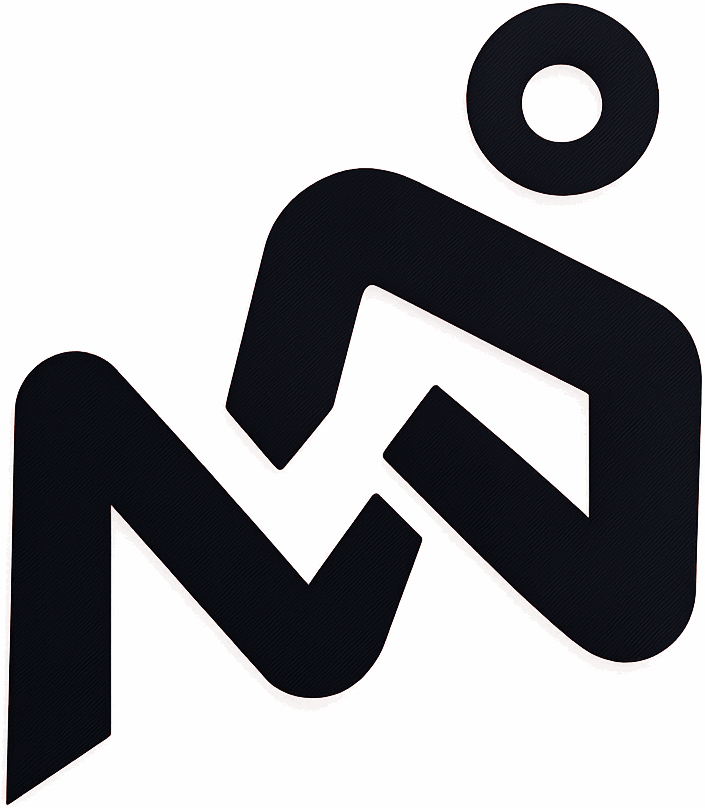Let’s step back from the hype for a moment.
Artificial Intelligence (AI) is everywhere now. From the recommendations on your streaming app to voice assistants, even spam filters — it’s all driven by algorithms learning patterns and making decisions. But AI isn’t some mystical force or robot uprising waiting to happen. It’s math, data, and logic—running fast and getting smarter. And it’s changing everything.
But where’s it all going?
The Shift From Tools to Teammates
Right now, AI mostly functions as a tool — it summarizes articles, edits photos, answers questions. Useful? Absolutely. But what’s happening under the surface is that AI is getting better at reasoning and context. We’re shifting from machines that just follow instructions to systems that can participate in workflows like collaborators.
Think about writing an article (like this one). A few years ago, spellcheck and grammar tools were helpful. Now, tools like ChatGPT or Grammarly not only correct grammar, but help shape arguments, rewrite paragraphs, and tailor tone. They’re not replacing writers — they’re sitting next to them.
In the next few years, expect AI to behave more like a junior colleague than a mere calculator. Not always right, still needing supervision — but fast, tireless, and increasingly capable.
Customization Is Coming
One-size-fits-all AI is fading.
Soon, people will have personalized AI — trained on your emails, your notes, your calendar, your tone. Imagine an assistant that knows how you think, what you care about, and how you make decisions. That’s already starting to happen with personal AI agents and open-source models people fine-tune on their own data.
It’s not just smarter — it’s your kind of smart.
This could reshape how we work and learn. Education, for instance, won’t just be “here’s a video lecture.” It’ll be a mentor that adapts to your strengths, explains concepts your way, and challenges you where you struggle — 24/7, no judgment.
The Ethical Crossroads
But let’s be real — this all comes with major concerns.
What happens when AI mimics people too well? When deepfakes blur the line between truth and fiction? When companies use AI to track behavior more precisely than ever before?
There’s also the job question. Yes, AI will replace some tasks — even whole roles. But it will also create new ones: AI trainers, ethicists, auditors, AI-native designers, hybrid specialists who understand both tech and people.
Still, transitions are never smooth. The people who benefit most from AI will be the ones who stay curious, adaptable, and human.
So What Should You Do?
Don’t just use AI — understand it.
Ask questions. Try tools. Break them, rebuild them. Learn a bit of coding if you’re interested. You don’t have to be an engineer to shape the future — just someone who’s informed and intentional.
Whether you’re a teacher, business owner, artist, student, or parent, AI is becoming part of the fabric of life. That doesn’t mean we lose what makes us human. In fact, the better AI gets, the more valuable human judgment, empathy, and creativity will become.
Because AI isn’t the end of the story. It’s just the next chapter.
And you’re still holding the pen.

